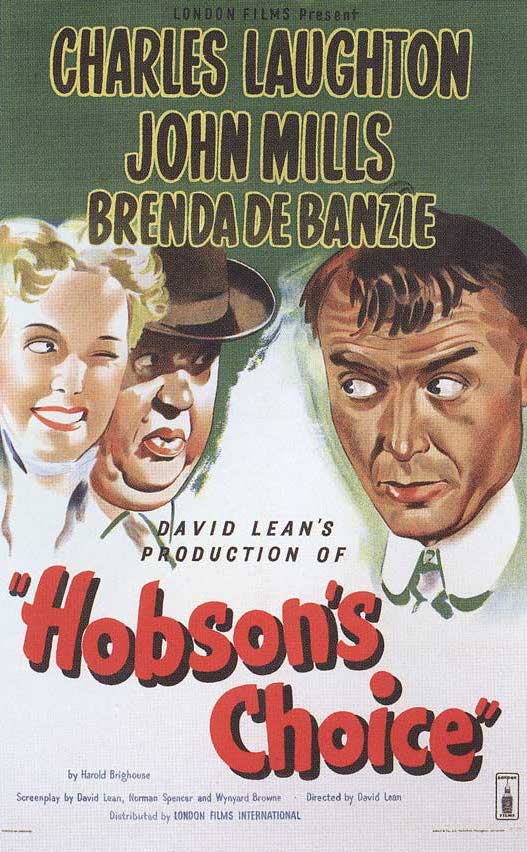It’s unusual to see a film set in Manchester and then to have Charles Laughton at the centre of it doing this kind of mad Lancashire accent. I liked that it was rambling. You have this first section where you’re introduced to the family and the daughters which he’s almost pushing out into the world to try and marry off. But then she and John Mills’ character start this kind of business-like romance. Charles Laughton is like the fireworks display, and you can’t take your eyes off him, but the relationship that she embarks on, which is quite unexpected, is great. And I just thought her character was really wonderful and maybe something you wouldn’t see so much of in films of that era. The fact that she has to stand up to this huge man. At the start of the film, we don’t see him as a drunk and you’re only allowed to see that as it progresses and he gets weaker and weaker in the eyes of the film. But that coincides with her finding out her own power and so I like this aspect seeing through the layers of his pomp and what he really is and what he’s really bringing. Because he’s not really doing any of the work. I like this shift because the film seems to be about him at the start but then you realise it’s not about him at all, it’s leaving him behind.



